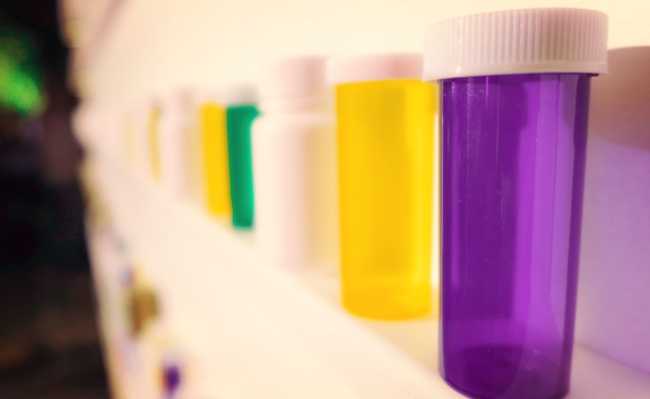Six tips on how to store and organize your medications
Properly storing medicines, cleaning and organizing the medicine chest are essential tasks to preserve your health and the environment

PublicDomainPictures image by Pixabay
Medicines are items that are very present in the daily lives of most people. Molecular engineering was able to extract from plants and minerals the components that have the capacity to interact biochemically with the organism and act in such a way as to alleviate disease symptoms and, in some cases, even cure. However, these products must be managed safely.
One of the seemingly safest places in the house from contamination by germs and bacteria is the famous medicine chest or medicine cabinet. However, cleaning and organizing this space is important, as old and expired medicines can be harmful to health and the environment.
Cleaning the medicine box should be done frequently so that there are no future problems. Check out the video that explains how to clean and organize your medicine chest or cabinet:
Read more about how to store your medications correctly and learn how to keep your medications organized:
Move your closet away from the bathroom
If you keep your medications in the bathroom, it's best to move them around. The bathroom is often a hot, stuffy and humid place - all bad conditions for medication. The worst one is dampness, which causes medicines to lose their potency before their expiration date. Some types of medications are more susceptible to heat and humidity, including thyroid medications, birth control pills, insulin, anticonvulsant medications, and anticoagulants. Ideal places to store medicine are table drawers or dining room cabinets - dry and cool places. And keep medicines out of reach of children and animals.
Check expiration dates
Always read all expiration dates on your medications and even herbal supplements, eye drops, and over-the-counter items. If expired, they can also be harmful to health, as explained in the article "Expired medicine: to take or not? ".
Remove old medications
Remove anything that is out of date and without a prescription. Also set aside for disposal analgesics and antibiotics that are not being used. And when you're eliminating antibiotics, it's important to get rid of them all with no leftovers. But remember that the incorrect disposal of medications poses a serious risk to the environment and public health (learn more in the article "What are the risks of incorrect disposal of medications? How to avoid them?"). To make it easier, many medications indicate disposal methods on their label, the appropriate thing is to send the medication residues to specific collection points, see below for the point closest to you:
Search supported by: RocheCheck what's left over and the containers
Check any remaining medications in your cupboard or box and make sure each container is childproof, even if you think it's out of their reach. Extra security costs nothing.
organize the closet
Move the medications you use most often to the front of the cabinet or box to help your memory. And move any other less frequently used medicine back, putting it on a shelf that's harder to reach. It is recommended to check periodically if the drugs that are in the last rows have expired.
Lock the cabinet (optional)
If you have young children at home or just want your medicine cabinet or box to be private for any reason, try to lock it with a padlock.










